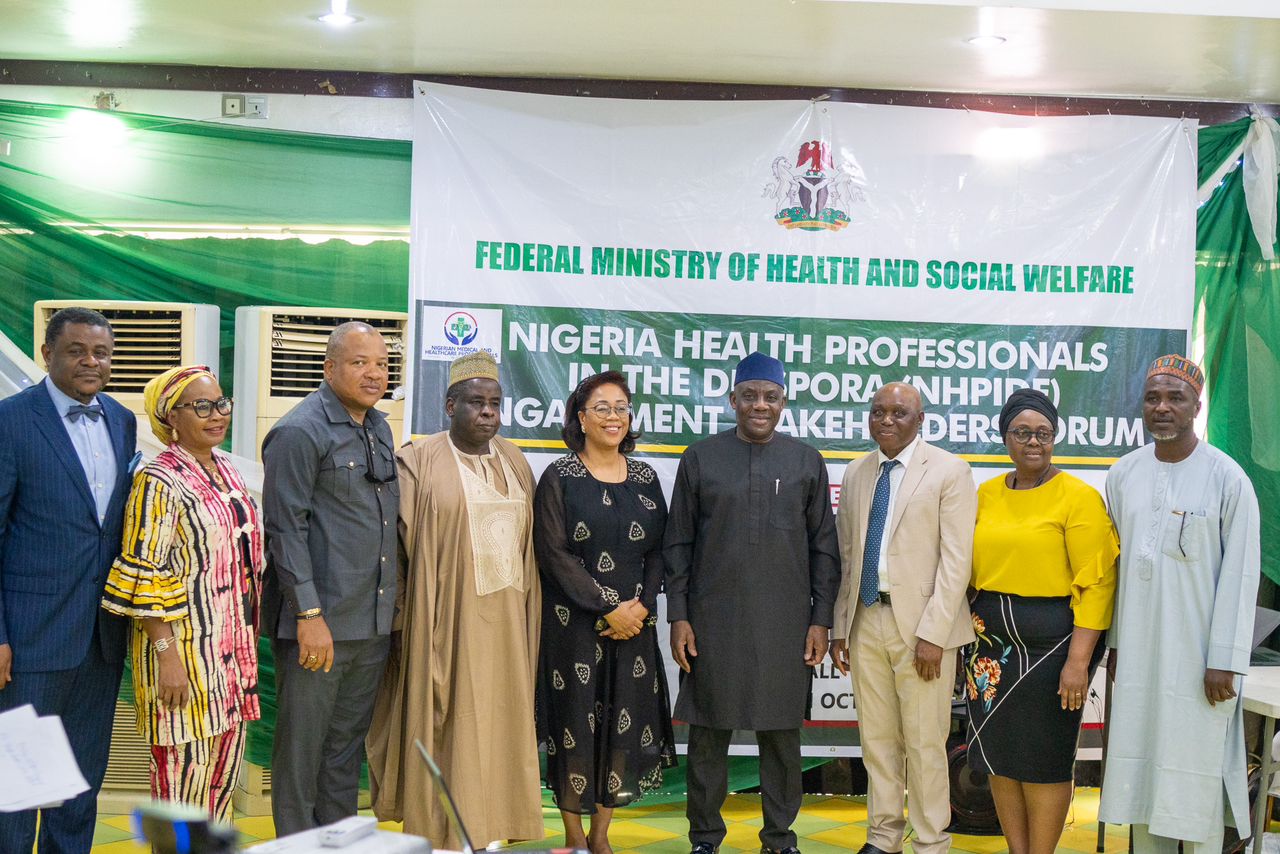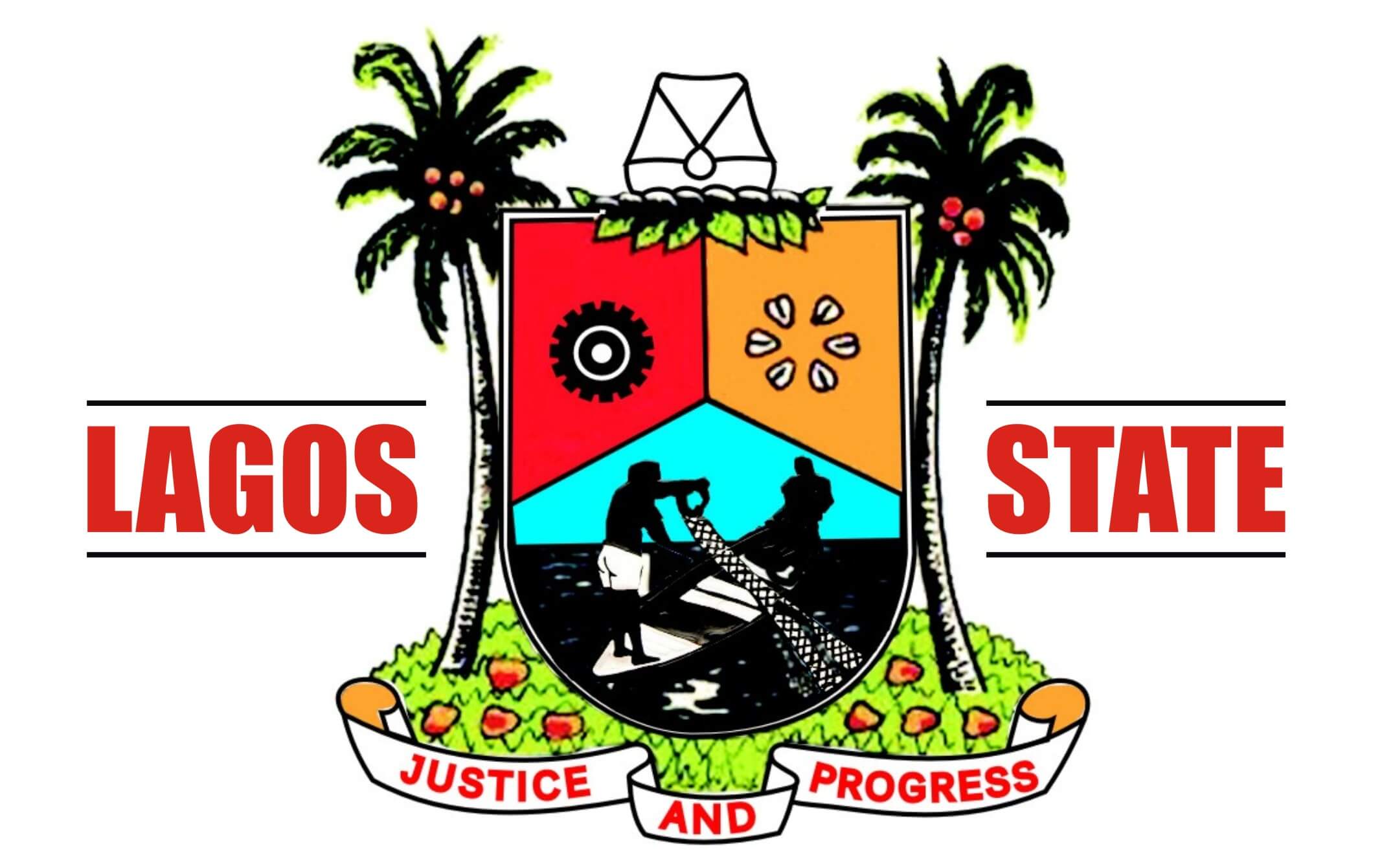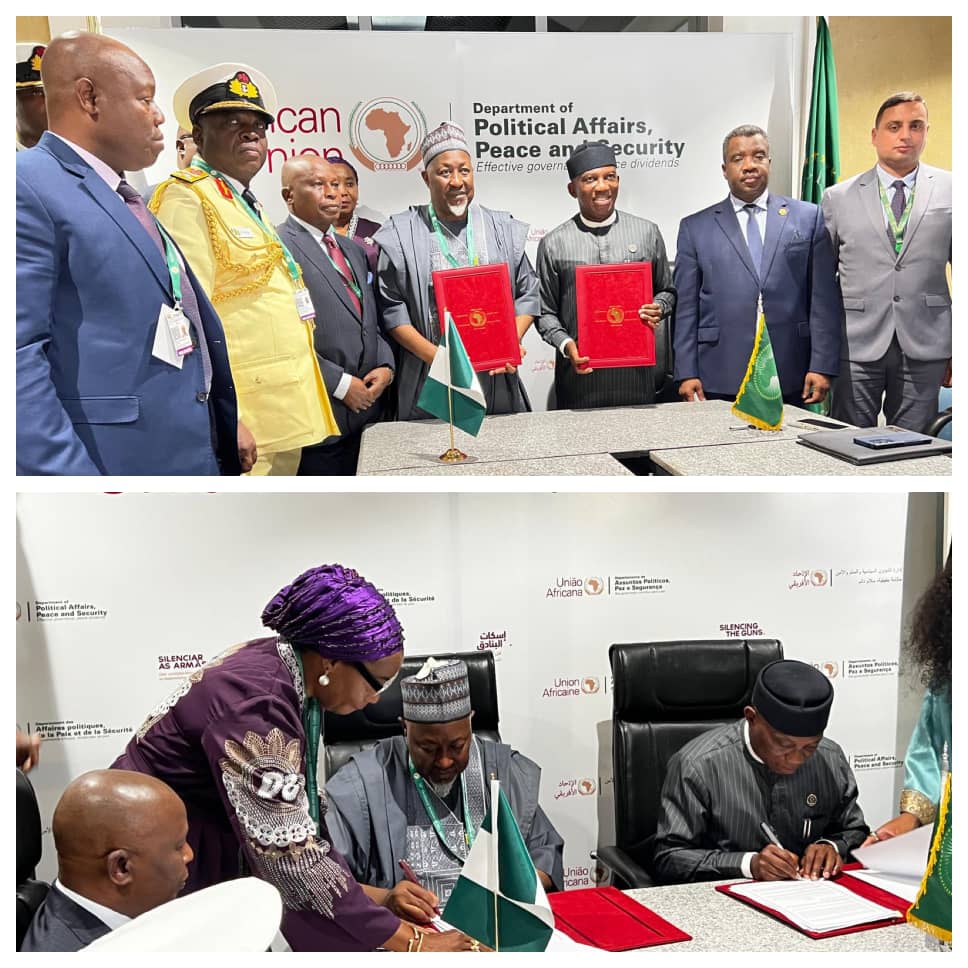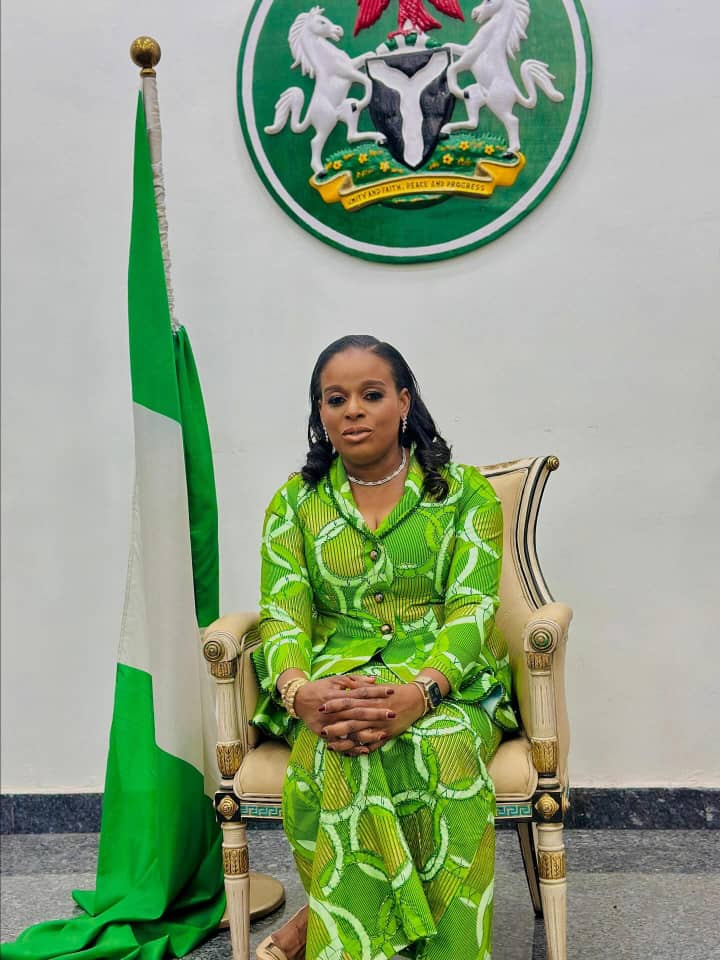World Environment Day 2025: Nigeria Launches Bold National Action to Tackle Plastic Pollution, Mobilizes Stakeholders for Collective Change
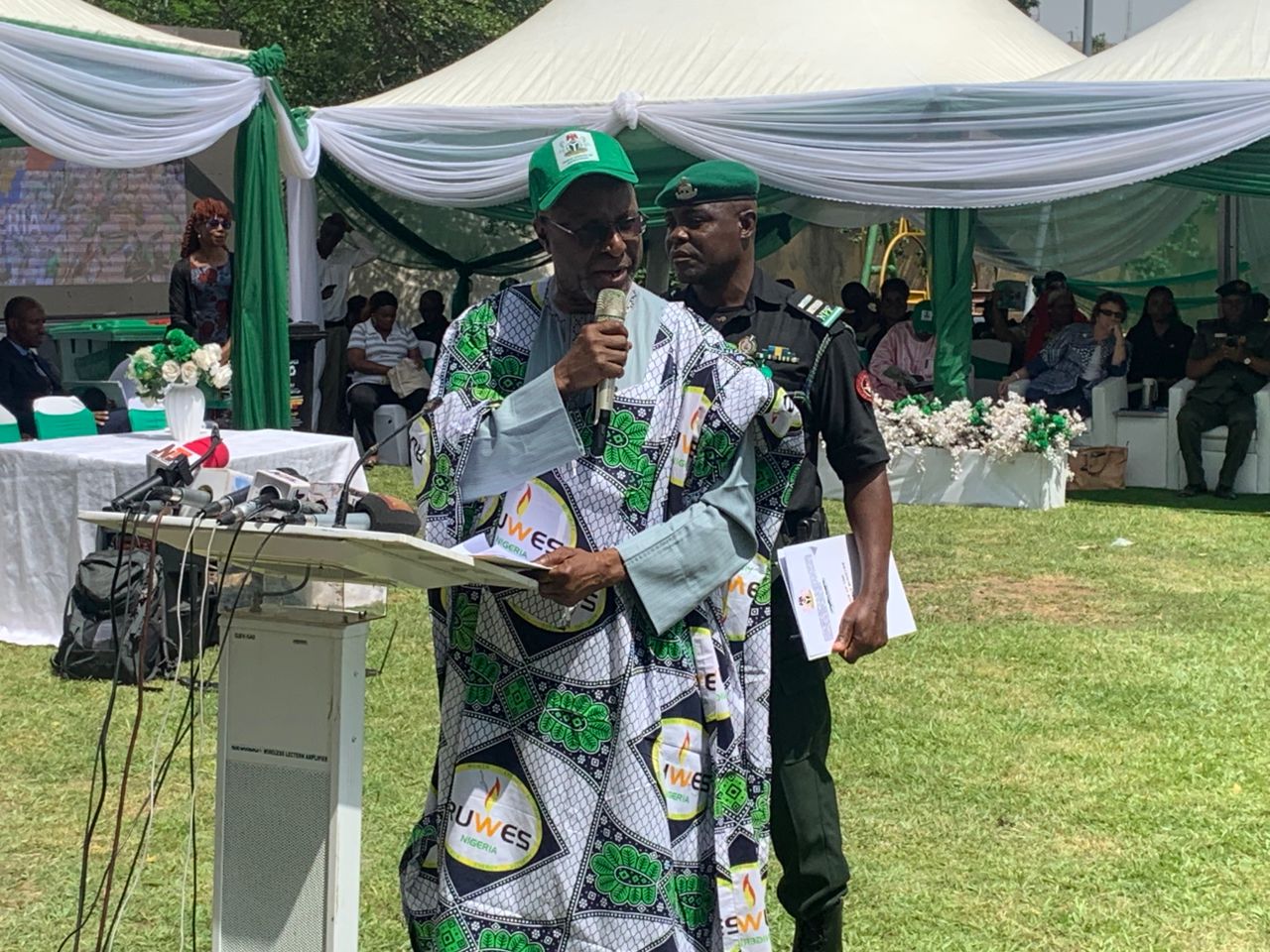
By Fatima Saka
ABUJA — As the world marked the 2025 World Environment Day, the Federal Government of Nigeria sounded the alarm over the escalating plastic pollution crisis, warning that global plastic waste could double by 2040 if urgent measures are not taken.
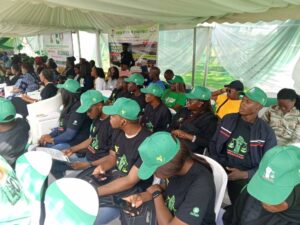
With this year’s theme, “Ending Plastic Pollution,” with the slogan “Beat Plastic Pollution,” resonated deeply throughout the event, with the emphasized that the crisis is visible in every corner of Nigeria, from littered urban streets to clogged waterways
Speaking at a commemorative event held at Schatz Parks and Resort in Abuja on Tuesday, Minister of Environment, Balaraba Abbas Lawal, described plastic pollution as not only an environmental catastrophe but also a public health and economic emergency.
In his keynote address, the Minister noted that Nigeria, under President Bola Ahmed Tinubu’s Renewed Hope Agenda, has placed the plastic waste crisis at the heart of its national development strategy.
“This is not just a government initiative it’s a people-oriented movement. The survival of our ecosystems and the future of our children depend on it,” he said.
Lawal highlighted the National Policy on Plastic Waste Management, which provides a framework for reducing single-use plastics, scaling recycling, and promoting biodegradable alternatives.
He also emphasized the government’s Extended Producer Responsibility (EPR) programme, which mandates producers to take accountability for the full lifecycle of their plastic products.
He added: “We are supporting innovative circular economy models to drive recycling and sustainable alternatives, especially across government ministries and agencies.”
The Minister expressed gratitude to development partners, particularly the ECOWAS Commission, for supporting Nigeria’s environmental initiatives and cross-border policy alignment.
“Let this day be remembered as a turning point in our fight against the devastating effects of plastic pollution,” Lawal concluded. “This must be more than a moment, it must become a movement.”
“Turning the Tide: A National Wake-Up Call, Minister Lawal revealed that Nigeria produces over 2.5 million tonnes of plastic waste annually, with Lagos alone accounting for more than 450,000 tonnes. According to UNEP (2023), 88% of Nigeria’s plastic waste is mismanaged, and microplastics have been detected in drinking water and food, posing grave health risks.”
The Minister urged all Nigerians to become environmental ambassadors:
“Together, let us work toward a Nigeria where our waterways are clean, our streets are free of plastic waste, and our ecosystems are protected for generations to come.”
Permanent Secretary of the Federal Ministry of Environment, Mahmud Adam Kambari, called the commemoration a clarion call for stronger policies, responsible consumption, and investment in sustainable alternatives.
“Plastic pollution is choking our environment, contaminating food systems, and threatening public health,” he said. “We must embrace circular economy principles, strengthen regulations, and promote innovation.”
Kambari commended partners, stakeholders, and grassroots advocates for their dedication, urging all Nigerians to act through recycling, advocacy, or community cleanups.
Regional and International Partnerships, in a strong show of regional solidarity, the ECOWAS Commission reiterated its commitment to harmonizing plastic waste regulations across West Africa. Commissioner Massandje Toure-Litse described plastic pollution as a “transboundary crisis,” revealing that the region generates nearly 8 million metric tonnes of plastic waste annually, with over 80% mismanaged.
She cited ECOWAS Regulation C/REG.17/12/23, which mandates uniform plastic waste management standards across member states in partnership with the World Bank.
Also, the Youth-Led Climate Action and Innovation, the goodwill message, UNICEF Nigeria described plastic pollution as a children’s crisis, disproportionately impacting vulnerable communities. The agency highlighted its Green Rising initiative, through which Nigerian youth have carried out over 100,000 green actions.
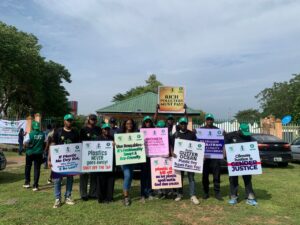
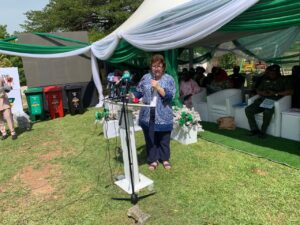
UNICEF also announced a collaboration with the Ministry of Environment to roll out the Youth Agency Marketplace (YOMA)va digital platform to incentivize youth-driven climate initiatives, including plastic waste collection and reforestation.
“The climate crisis is also a national crisis,” UNICEF stated. “We must support youth-led action that combines sustainability with innovation and skill-building.”
Private Sector Steps Up: Recycling and Empowerment, the Oando Clean Energy Limited (OCEL) showcased its PET Bottle Recycling Project in Ogun State, designed to process 2,750 metric tonnes of plastic monthly equivalent to 100 million PET bottles.
“We are transforming waste into wealth, dignity, and opportunity,” said OCEL’s Managing Director.
READ ALSO: Inclusive Spelling Bee Empowers Children with Special Needs in Ogun State
How N5bn Bond Bail Signed by Fidelity Boss was Confused as Bribe
Through its Rural Women Energy Security (RUWES) Initiative, OCEL is partnering with the Ministry of Women Affairs to mobilize over 2 million rural women as environmental stewards, helping them build recycling cooperatives and turn plastic waste into a source of livelihood.
The 2025 World Environment Day in Nigeria marked a shift from symbolic commemoration to decisive action. With national policies, regional cooperation, youth innovation, and private sector leadership converging, the country is laying the groundwork for a sustained, collective response to plastic pollution.

